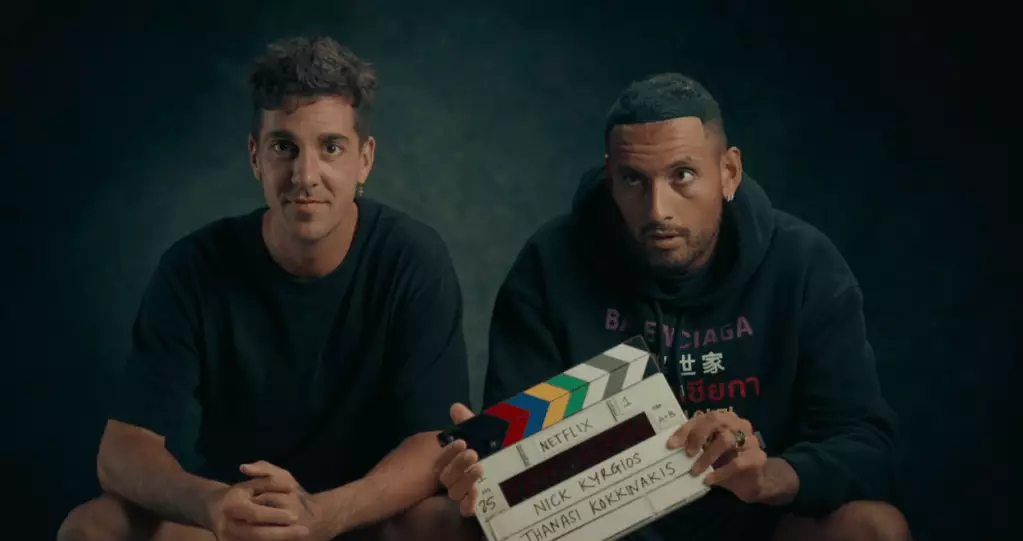Break Point, a documentary series on Netflix that aimed to capture the essence of the tennis world, has unfortunately failed to live up to its expectations. Despite the success of Drive to Survive in the world of motor racing, Break Point stumbled with poor ratings and a lack of access to the sport’s leading figures. While the series initially showed promise with stars like Nick Kyrgios and Coco Gauff featured in the first season, it ultimately fell short of making a lasting impact in the tennis documentary genre.
One of the key factors that contributed to the failure of Break Point was the lack of intimate access to the top figures in the tennis world. Unlike Drive to Survive, where producers had unprecedented access to figures both on and off the track, Break Point faced several hurdles in featuring tennis’s biggest stars. This limitation hindered the series from truly capturing the essence of the sport and its key personalities, leading to a disconnect with the audience.
Another glaring issue with Break Point was its failure to highlight some of the most significant storylines and controversies in the tennis world. The series notably missed out on covering the controversy surrounding Novak Djokovic’s failed attempt to enter the Australian Open due to his refusal to get vaccinated against Covid-19. This omission was a missed opportunity for the producers to delve into a high-profile incident that captured global attention and showcased the intersection of sports and public health issues.
With reports of poor ratings and a lack of critical acclaim, the future of Break Point seems uncertain. The Times of London suggests that unless significant improvements are made in the viewership numbers for the second season, the series is unlikely to return for another installment. The cancellation of Break Point highlights the challenges of producing compelling sports documentaries that resonate with audiences and maintain relevance in a competitive streaming landscape.
Break Point serves as a cautionary tale for aspiring sports documentary producers, emphasizing the importance of securing access to key figures, capturing compelling storylines, and engaging viewers with fresh content. While the failure of the series may be disappointing, it offers valuable lessons for future endeavors in the realm of sports storytelling. Ultimately, Break Point’s shortcomings underline the complexities and challenges inherent in translating the drama and excitement of professional sports into captivating documentary narratives.

